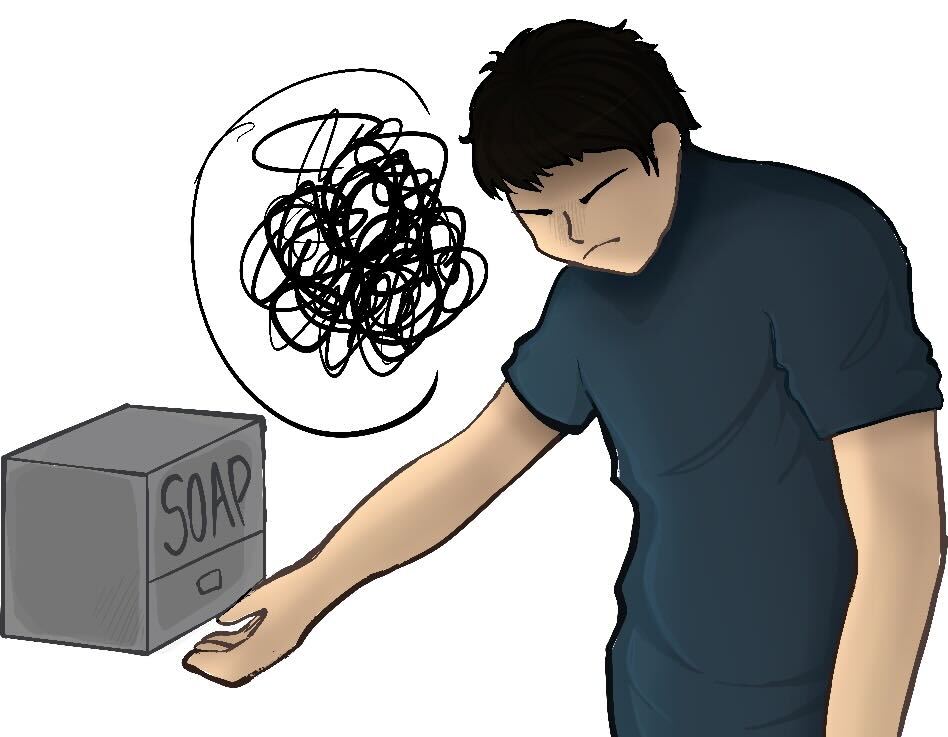
“The shocking results of the Russian presidential election last week caught the world off-guard!”
Or, at least, that would be the first sentence of an article written in an alternate universe. Rather, the least surprising outcome resulted from the election: Vladimir Putin is, for a fourth term, president of Russia. At this point, the predictability of elections is likely why, according to TIME magazine, there is little pomp surrounding them.
Putin secured a record 76.7 percent victory, though with the number of polling locations that reported suspiciously exact percent turnouts of 85, 90 and 95 percent, much of it was due to rigged votes. Not to mention, despite the Russian Central Election Commission’s assurances that the election was “free, competitive and transparent,” voters didn’t have much of a choice when casting votes. None of the other candidates were predicted to poll above 10 percent of the vote, and Putin’s greatest obstacle, opposition leader Alexei Navalny, was ultimately prevented from running.
Navalny responded by telling his YouTube followers — all 1.8 million of them, in a country of 144.3 million — to boycott the election.
In contrast, Putin’s campaign spent a sizeable amount trying to increase voter turnout, in a bid to outdo his performance in the 2012 election. Tactics included a weirdly (though perhaps not unexpectedly) homophobic ad about the threat of gay people coming to live in people’s homes if they didn’t vote, the opportunity to win tickets to a concert for voting and “Only for Adults” Facebook stickers targeted towards the young male demographic, according to The Guardian.
While I’m certainly not opposed to increasing voter turnout, seeing as a poll’s no good without a large enough number of respondents, these tactics skew more to the side of “terrible” and “bribery” than “an exercise in promoting the use of voting rights.” Moreover, factors like state pressure on poll workers, as reported by the Washington Post, have, unsurprisingly, made some legitimate votes all but negligible.
So is Navalny right? If the polls are rigged, should people stop making the effort to vote?
Not quite.
Giving up the right to voice one’s legitimate opinion, even if that opinion is silenced before it has the chance to make its intended effect, is only a form of giving in entirely. So long as there is someone working to frantically toss out a disagreeable vote, it means that that vote has been noticed. Maybe it seems like a useless waste of energy to go to the polls when it appears no difference will be made, but even if a nation at large doesn’t see the true results, those who count will be counting them — in a panic.
That’s not to say that other methods of being politically vocal are useless. Earlier this week, in the Russian city of Kemerovo, thousands have hit the streets to protest the inaction of officials after a mall fire that claimed the lives of at least 38 people, including children who’d been brought to the movies with their teacher.
In light of the revelation that fire safety precautions were horrifically lacking, angry calls for officials — from the governor of the region to Putin himself — to resign have abounded, according to the BBC.
For these protests to be taking place in Kemerovo, a region where votes for Putin are as consistently high and unyielding as a brick wall, certainly makes a more visible point than the results of rigged polls. But by combining the two — suspicion over rigged polls and outcry in the streets — helps to paint an even starker picture of a people’s opinion.
Either way, what with the Putin campaign crediting some of its success to Britain’s accusations that the Kremlin was behind the poisoning of a Russian ex-spy and his daughter, things are about to get a lot more convoluted. Welcome to the next James Bond movie — although this time, the data behind the scenes is just as important as the whizz-bang fireworks onscreen.







